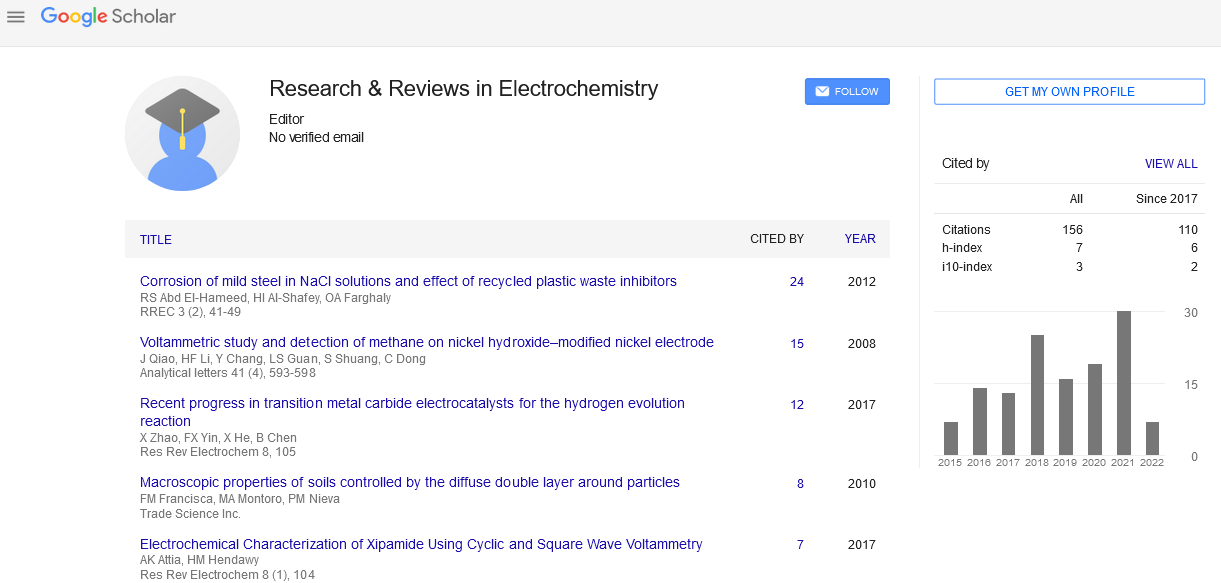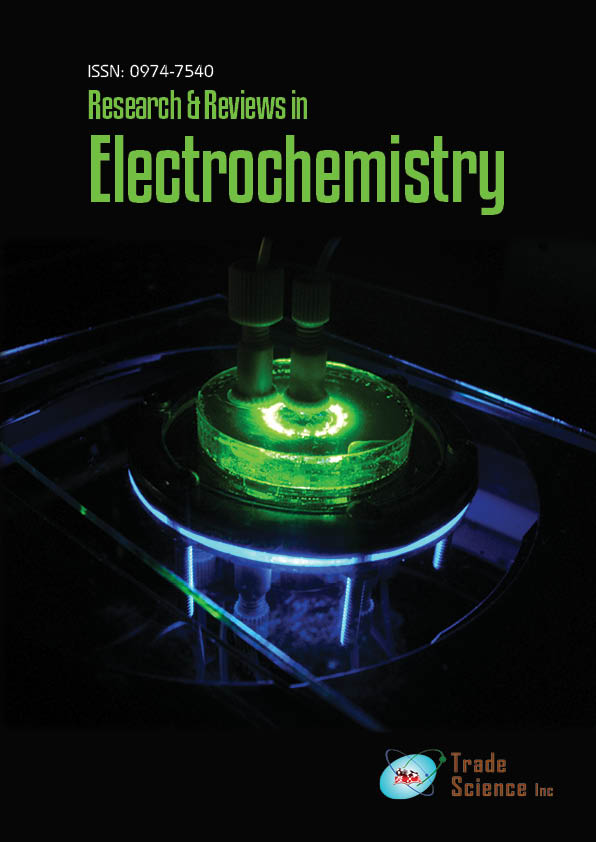Abstract
The Electrochemistry of Graphene Nanoplatelets Printed Electrodes for Cortical Direct Current Stimulation
Author(s): Robert StanThe risks associated with the use of novel, micrometer-thin printed electrodes for direct current neural stimulation are discussed. Electrochemical methods such as cyclic voltammetry, square-wave voltammetry, and electrochemical impedance spectroscopy are used to assess those risks. To better mimic living organism conditions, experiments were carried out in non-deoxidized phosphate-buffered saline. Because preliminary results revealed unexpected oxidation peaks in the 0-0.4 V potential range, the source of those was investigated further. The hypothesised redox activity of printing paste components was disproven, allowing for further development of the proposed stimulation electrode fabrication technology. Finally, the partial permeability and resulting electrochemical activity of the device's underlying silver-based printed layers were identified as a potential source of tissue irritation or damage.

